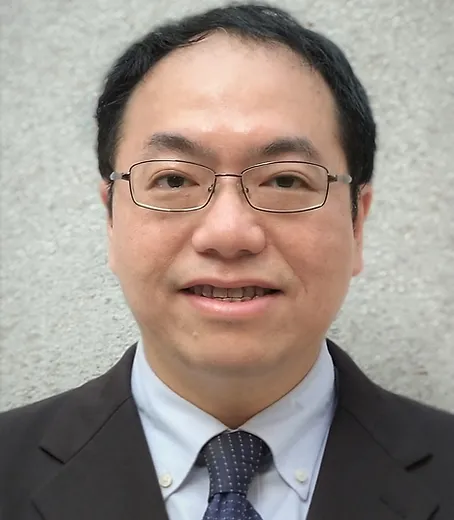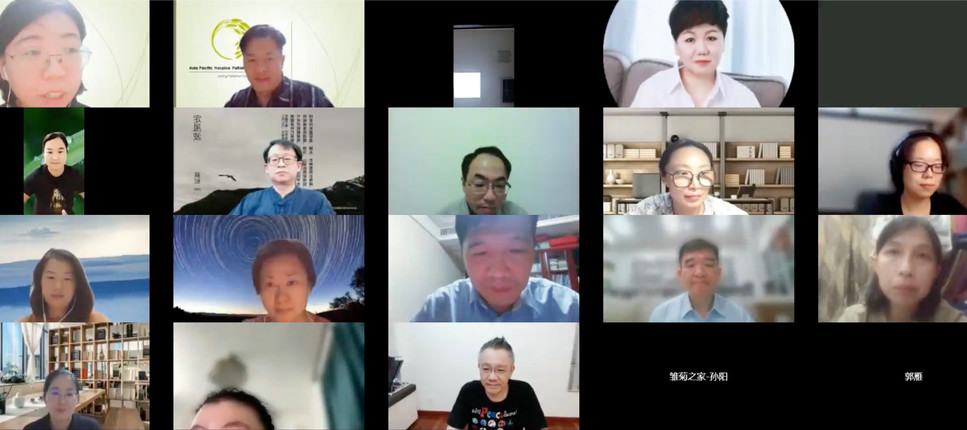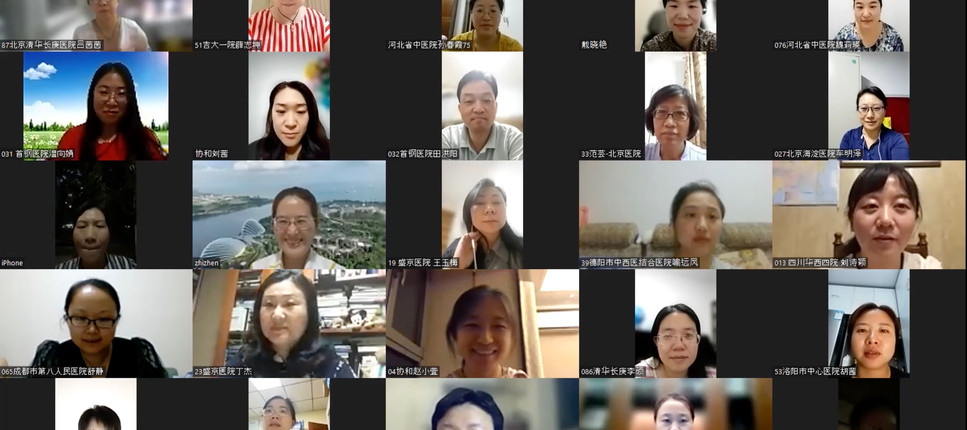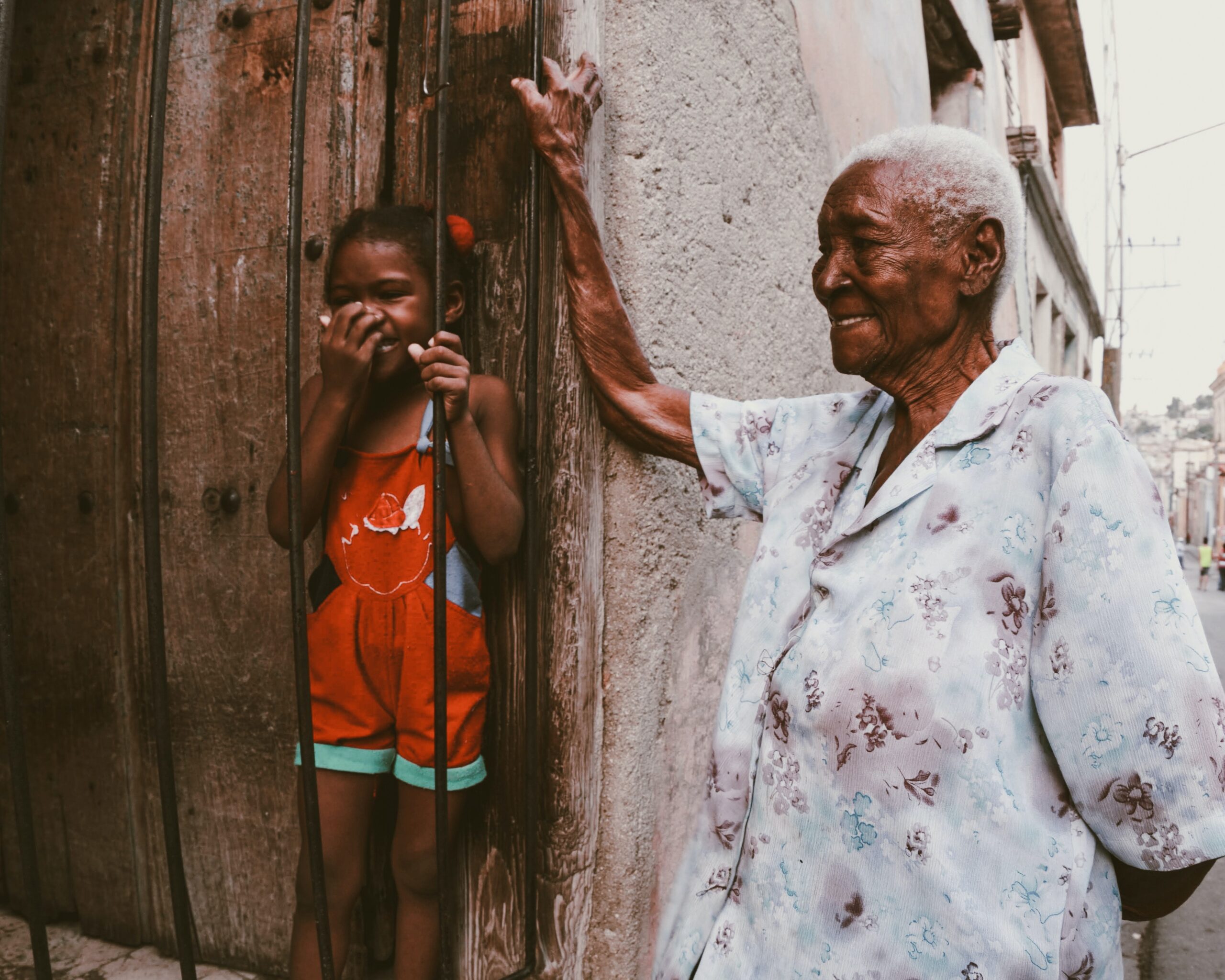SINCE 2021
Our largest efforts in palliative care training to date




trained in palliative care services
involved in palliative care training


Due to the Covid-19 pandemic, our training was conducted entirely online. Not only was it successfully completed, but we trained over 100 participants—the largest number in a single batch to date.
According to the 2015 Quality of Death index published by the Economist Intelligence Unit, China was ranked 71 out of 80 regions. This indicates the lack of a comprehensive palliative care infrastructure in the country. APHN has been working to address this gap for a number of years. For example, it has organised the annual Mandarin Hospice Summit to provide a platform for esteemed palliative care experts to share their insights and perspectives in China. Over the years, the Chinese government has also stepped up. In 2017, it issued a notice regarding palliative care pilots and emphasised its importance. After the Healthy China 2030 Outline was released, the government issued a followup circular expressing its commitment to advancing palliative care.
These developments encouraged Lien Collab to to design and implement systematic training programmes for healthcare workers in China. The primary focus is to cultivate palliative care trainers who can then disseminate their knowledge and expertise to a broader audience, thereby contributing to the development of palliative care in the country.


In July 2021, the first batch of trainees underwent a programme adapted for challenges posed by the Covid-19 pandemic. It incorporated both online fundamental teaching sessions and clinical case discussion sessions, all delivered through engaging weekly webinars. With the support of 30 volunteer faculty from Singapore, Malaysia, Hong Kong, Taiwan and China, we successfully completed 40 hours of fundamental teaching sessions and 40 hours of interactive clinical case discussions by June 2022. This resulted in the successful training of 102 participants—46 doctors, 38 nurses, 18 social workers—from 22 hospitals and institutions across 7 provinces and 2 municipalities. It is the largest number of participants Lien Collab has trained in a single batch to date.
Moving foward, we will be developing more in-depth and targeted training programmes to better support palliative care workers in China. There has also been various requests from teaching hospitals in China to run bedside and face-to-face training at the teaching hospitals.
Key Achievements

A decade-long effort has helped palliative care take root for good

Building and tailoring palliative care services for the landlocked kingdom

Growing palliative care access in the world’s most populous country

Exploring ways to bring relief to a challenging healthcare system

Our pioneering programme is now independently run by local volunteers

Growing and expanding the nascent network of care

Planting the seeds of palliative care in the largest state of Malaysia

A seed has grown into a system and more

Taking the first steps to introducing palliative care
APHN Secretariat
c/o Division of Supportive & Palliative Care National Cancer Centre Singapore
30 Hospital Boulevard
Singapore 168583
Lien Collaborative for Palliative Care (Lien Collab) draws on philanthropy, health institutions, palliative care service providers, individuals and more to strengthen leadership and capacity in bringing pain relief to all.